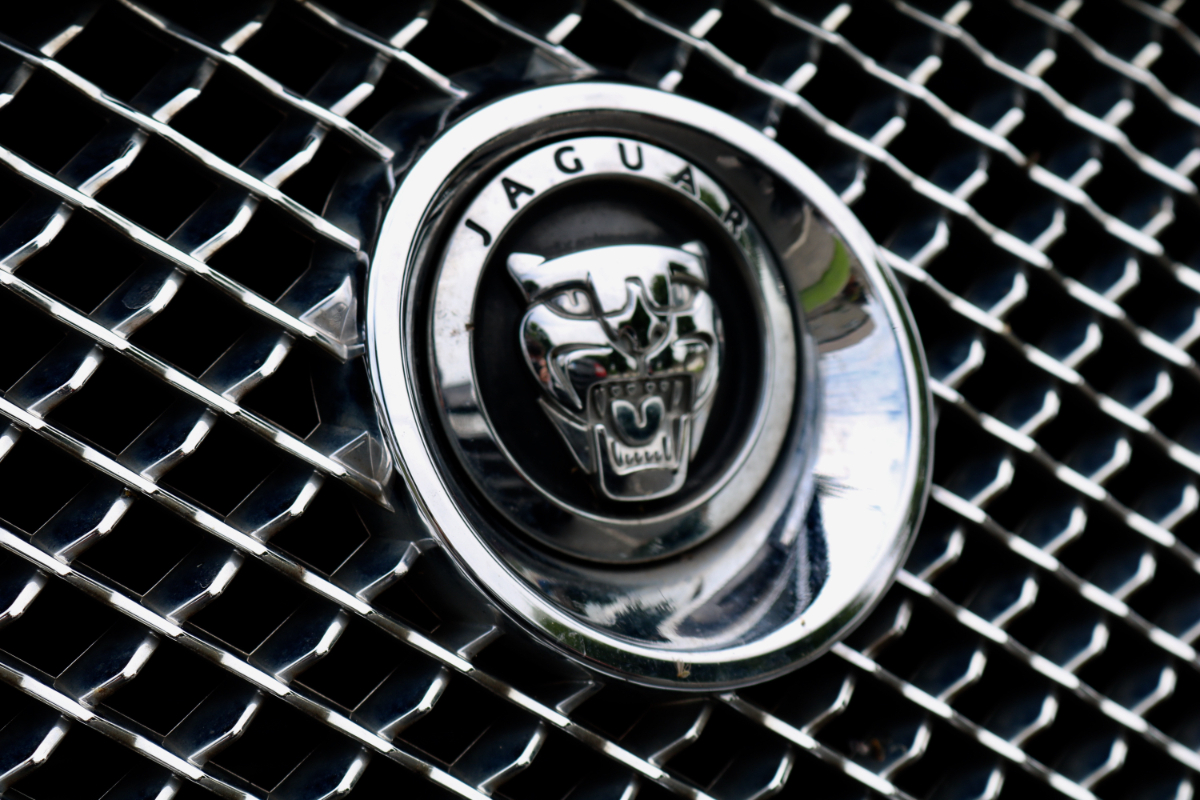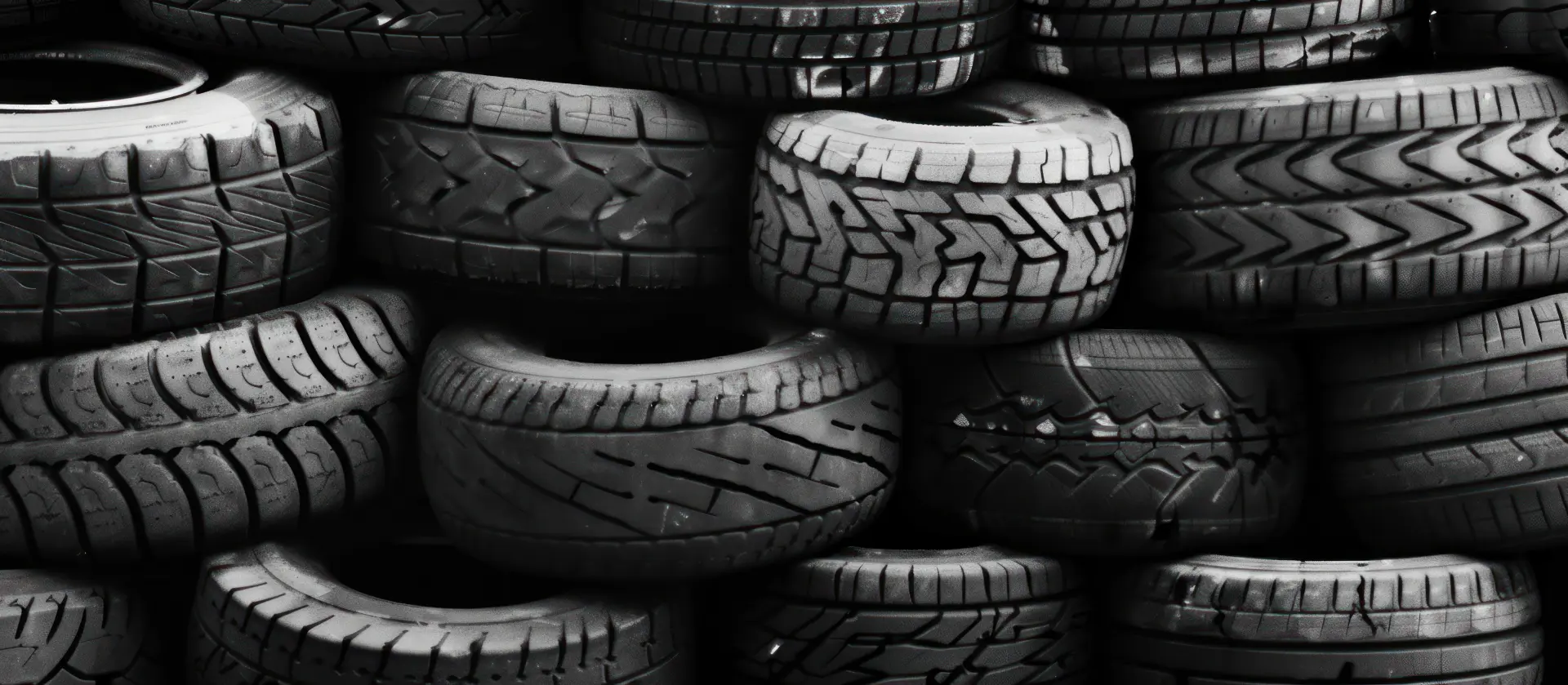Are you asking "What is full vehicle diagnostics? And does my car need it?" Learn how it identifies and resolves issues in your car’s system for improved performance and prevention of major faults.
How Vehicle Diagnostics Work
Modern cars are fitted with onboard computers that monitor various systems. Full vehicle diagnostics involve connecting a specialised scanner to the car’s onboard diagnostic (OBD) system. This scanner reads fault codes stored in the system, identifying potential issues. Mechanics use this information to assess the car’s performance and detect faults that may not be immediately visible.
By analysing sensor data, the diagnostic tool provides insights into engine efficiency, fuel consumption, emissions, and electrical systems. Advanced diagnostics can also check transmission performance, airbag status, and anti-lock braking systems (ABS). This process saves time and money by pinpointing faults quickly, reducing the need for unnecessary repairs and preventing minor issues from escalating into costly breakdowns.
Key Components Checked in a Diagnostic Test
A full vehicle diagnostic test examines several key components to ensure they are working efficiently. One of the primary areas checked is the engine control unit (ECU), which manages the engine’s performance, fuel injection, and emissions.

Other critical components include the transmission system, brakes, and suspension, which are vital for safety and smooth driving. The test also assesses battery performance, alternator function, and electrical systems, including lights, sensors, and onboard entertainment.
Additionally, emissions control systems are checked to ensure compliance with environmental regulations. Identifying potential faults early helps to maintain the car’s reliability and safety while preventing unexpected breakdowns.
Common Issues Identified by Diagnostics
Diagnostic tests can detect a range of issues, from minor faults to serious mechanical failures. One common problem is engine misfires, which may result from faulty spark plugs, fuel injectors, or ignition coils. Another frequent issue is oxygen sensor failure, which can affect fuel efficiency and increase emissions.
Transmission faults, such as slipping gears or erratic shifting, are also identified through diagnostics. The system can detect braking issues, including worn-out brake pads or ABS malfunctions. Electrical faults, such as battery drainage or sensor failures, are flagged, allowing early intervention. By identifying these issues promptly, vehicle diagnostics help prevent costly repairs and ensure the car remains in good working condition.
When Should You Get a Diagnostic Check?
A vehicle diagnostic check is recommended whenever a warning light appears on the dashboard, indicating a potential fault. It is also advisable before long journeys, as it helps detect hidden problems that could lead to breakdowns.

Regular checks are beneficial, even when no warning signs are present, as they can identify underlying issues before they escalate. If the car experiences performance issues such as reduced fuel efficiency, rough idling, or unusual noises, a diagnostic test can help determine the cause. A
dditionally, having a diagnostic check before purchasing a used vehicle ensures there are no hidden mechanical or electrical faults.
The Role of Diagnostics in Preventative Maintenance
Regular vehicle diagnostics play a crucial role in preventative maintenance, ensuring small issues are identified and addressed before they become major problems. By monitoring engine performance, fuel efficiency, and emissions, diagnostics help maintain optimal vehicle health.
Timely detection of worn-out components, such as brake pads, sensors, or spark plugs, allows for proactive replacements, reducing the risk of sudden breakdowns. Diagnostics also help maintain fuel efficiency by detecting faults in the fuel and exhaust systems. Preventative maintenance extends the vehicle’s lifespan, improves safety, and saves money by avoiding costly repairs. A well-maintained car runs smoothly and remains reliable for longer.
Are you looking for Independent Jaguar Specialists in Warwickshire? Our Jaguar services are available for Snitterfield, Stratford-Upon-Avon, Warwick and the surrounding areas of Warwickshire.

